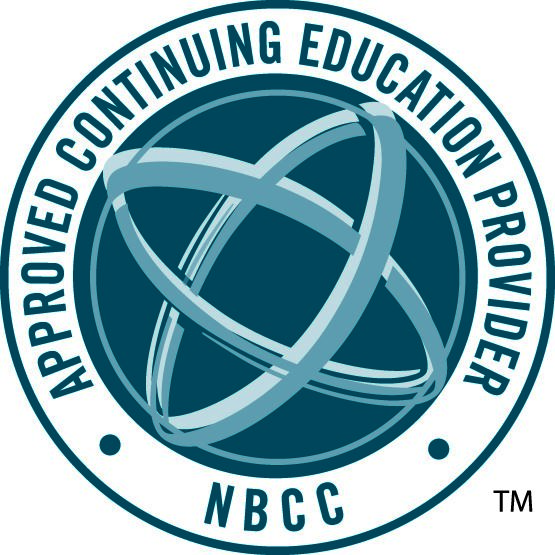Substance use disorders (SUDs) are common, affecting at least 1 of 3 adult Americans at some point in their lives. One of the many characteristics of SUDs that makes them unique is that the nature of the addictive process is such that denial, minimization, and lack of insight are a natural component of the development of the disorder. Accordingly, clients often deny, minimize, rationalize, and under-report, both intentionally and unintentionally, making clinical and forensic evaluations very challenging. Additionally, there are many incentives for clients to avoid full disclosure, because the stakes are often so high (e.g., child custody evaluations, employment evaluations, etc.).
In spite of these challenges, there are many strategies and techniques that evaluators can use to differentiate fact from fiction, arriving at a solid and defensible conclusion that the clinician can feel confident with. This webinar was designed to provide you with those strategies.
Learning Objectives:
- Identify the diagnostic criteria for substance use disorders, and apply the criteria in a case scenario.
- Learn several questions that can be asked to determine if a client meets diagnostic criteria.
- Identify tests that identify subtle attributes of SUDs and have built-in validity scales to detect defensiveness, denial, and inconsistencies.
- Learn to use collateral sources for additional information, and identify what to look for when reviewing those sources to help determine diagnoses and treatment needs.
- Explore the American Society of Addiction Medicine (ASAM) treatment criteria, and learn how to apply the criteria to the data obtained from the biopsychosocial assessment to determine a client's specific treatment needs.
About the Presenter

Aaron Norton is a Licensed Mental Health Counselor and Licensed Marriage and Family Therapist with certifications in addictions, alcohol and drug counseling, rehabilitation counseling, clinical mental health counseling, forensic mental health evaluation, and forensic behavioral analysis. He is recognized by the American Mental Health Counselors Association as a Diplomate and Clinical Mental Health Specialist in Substance Abuse and Co-Occurring Disorders. He serves as Executive Director of the National Board of Forensic Evaluators, a national not-for-profit board officially endorsed by the American Mental Health Counselors Association that provides training, certification, and professional advocacy for licensed mental health professionals specializing in forensic mental health evaluation. He is an Adjunct Instructor at the University of South Florida's College of Behavioral and Community Sciences as well as a doctoral candidate in the Counselor Education and Supervision program at USF. He serves as Southern Regional Director for the American Mental Health Counselors Association and President-Elect and Chair of Education, Training Standards, and Continuing Education for the Florida Mental Health Counselors Association. He also works in a private practice specializing in both therapy and forensic and clinical evaluation, as well as providing clinical supervision to mental health counselor and marriage and family therapist interns as a Qualified Supervisor. He has more than 15 years of experience in the counseling profession. He was awarded Mental Health Counselor of the Year by the American Mental Health Counselors Association and Counselor Educator of the Year by the Florida Mental Health Counselors Association in 2016 and has been published in Addiction Professional, American Journal of Orthopsychiatry, Journal of Gay and Lesbian Social Services, and The Advocate Magazine.
Continuing Education Information

The National Board of Forensic Evaluators (NBFE) has been approved by the National Board for Certified Counselors (NBCC) as an Approved Continuing Education Provider, ACEP No. 6189. Programs that do not qualify for NBCC credit are clearly identified. NBFE is solely responsible for all aspects of the program.
This workshop has been approved for 2 contact hours with the Florida Board of Clinical Social Work, Marriage & Family Therapy, & Mental Health Counseling, CE Broker Tracking # 20-1294095 (CE Broker Provider #50-15823).
NBFE is recognized and endorsed by the American Mental Health Counselors Association.
Click here for NBFE Cancellation/Refund Policy.
